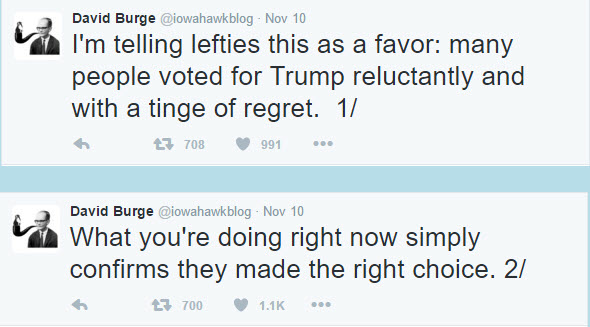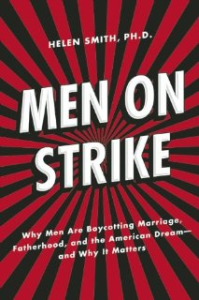The Forbes e-mail today contained a May 3rd article on the Berkshire annual meeting. Highlights as Robert Lezner of Forbes saw it;
1. There were more questions about the dams on Oregon’s Klamath River shutting off the salmon run for Indian tribes than the damming up of the credit markets.
Robert… that’s because special interest groups come specifically to waste time asking these questions. The same things happened last year.
2. No one asked about the $1.6 billion loss Berkshire took on a derivative position in the last quarter. Not a soul inquired about the decline in Berkshire’s earnings.
Perhaps they should have asked, but it seems the derivatives had already been explained. Plus, since Berkshire isn’t in a leveraged position, myself and other shareholders see this for what it is, accounting.
Regarding earnings, this is no surprise to anyone whe’s been paying attention. Guess that doesn’t include you Robert. Doesn’t seem to have hurt the stock price, although it hasn’t helped much either.
3. Nor did anyone raise the provocative theme put forth in Buffett’s letter to shareholders (See “Croesus, Buffett: New Advice From On High”) that investors should not expect to earn on their common stock positions the modest 5.3% rate of return earned during the whole of the 20th century.
Once again, this is typical Buffett. Of course, that’s 5.3% BEFORE dividends.
4. “Anyone who wants us to repeat the past should sell [his or her] stock,” said the Oracle of Omaha, without any follow-up questions from alarmed shareholders. Be fairly warned.
This isn’t the first time we’ve been warned. I guess hearing it from you, Robert, changes everything, eh?
5. Nevertheless, Berkshire was able to accumulate a $4 billion position in auction rate notes when that market froze up some weeks ago. It included the short-term debts of the nonprofit Los Angeles County Museum of Art at interest rates of 8% to 10%–triple the 3% to 4% the same notes sold for in January. Perhaps it was this opportunity that Munger chose to describe in his no-holds-barred style–“some idiot hedge fund bought municipal bonds on incredible margin. These things were disposed on a margin call,” meaning that the fund had to sell because it didn’t have the capital to support its position.
Hey, hey, hey, perhaps this is why we invest in Berkshire. I really like Charlie and recommend reading his biography by Janet Lowe, Damn Right: Behind the Scenes with Berkshire Hathaway Billionaire Charlie Munger .
6. As for the stock market, Buffett, made it crystal clear that “Charlie and I haven’t the faintest idea where [it’s] going.”
Perhaps that’s why they are such great investors.
And before anyone thinks I’m a member of the Berkshire fan club, well I probably am. That said, as a % of my portfolio it’s not a large amount so I maintain the conflict of interest is fairly low. I did attend the 2007 meeting but didn’t make it this year. I purchased my first share of Class B stock the day the market opened after 9/11.









